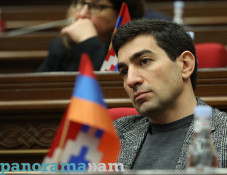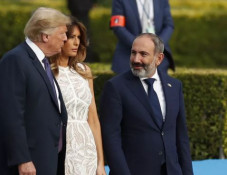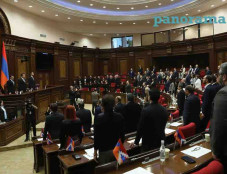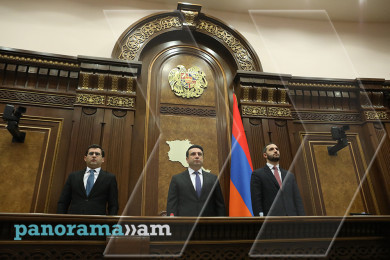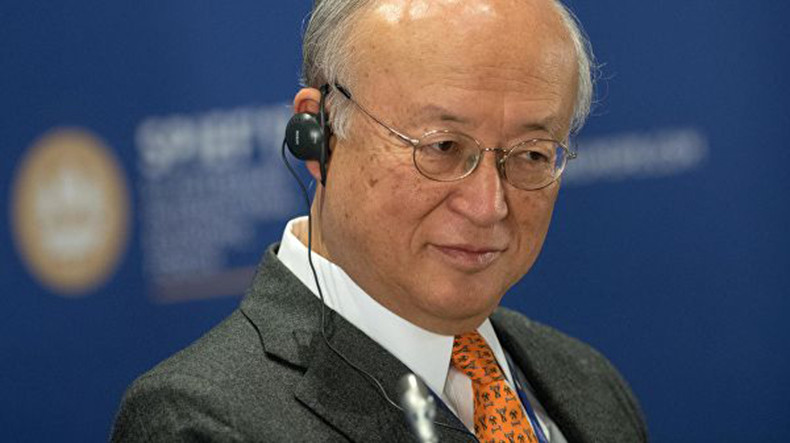
IAEA says its 72-year-old chief, Yukiya Amano, has died
Yukiya Amano, the International Atomic Energy Agency’s director general, has died at 72, the agency announced Monday, according to the Associated Press.
Amano, a former Japanese diplomat, had extensive experience in disarmament and non-proliferation diplomacy, as well as nuclear energy issues, and had been chief of the key agency that regulates nuclear issues worldwide since 2009.
The news of his death comes at a time of increasing concern and escalating tensions about Iran’s nuclear program after the United States left a 2015 deal with world powers that restricted the country’s nuclear uranium enrichment. Amano was heavily involved in the yearslong negotiations that led to the Iran nuclear treaty.
The Secretariat did not give a cause of death for Amano, or say when he died. The IAEA said its flag will be lowered to half-mast.
The agency said he was planning to write soon to the agency’s board of governors announcing his decision to step down. It released part of that letter, in which Amano praised the agency for delivering “concrete results to achieve the objective of ‘Atoms for Peace and Development’ plan.”
In the letter, Amano added that he was “very proud of our achievements and grateful” to IAEA member states and agency staff.
In addition to the Iran nuclear talks, Amano contributed to the 1995, 2000 and 2005 Nuclear Non-proliferation Treaty Review Conferences, and he chaired the 2007 Preparatory Committee for the 2010 Nuclear Non-proliferation Treaty Review Conference.
According to the agency’s biography, Amano was Japan’s representative to the agency from 2005 until his election as director general in July 2009, including a stint as chair of its board of governors from 2005-2006.
A graduate of the Tokyo University Faculty of Law, Amano joined the Japanese Foreign Ministry in 1972 and was posted to jobs in Belgium, France, Laos, Switzerland, and the United States.
At the Foreign Ministry, Amano was chief of the Disarmament, Non-Proliferation and Science Department from 2002 until 2005. He previously served as a governmental expert on the U.N. Panel on Missiles and on the U.N. Expert Group on Disarmament and Non-Proliferation Education.
Newsfeed
Videos





